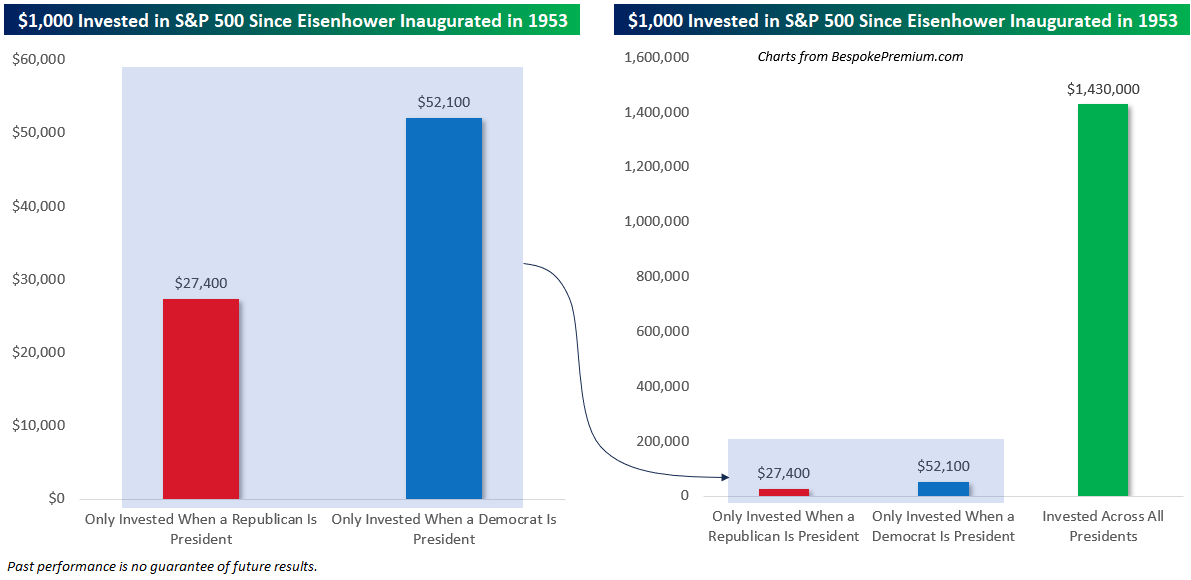The weekend is here! Pour yourself a mug of coffee, grab a seat outside, and get ready for our longer-form airplane reads:
• Where in the World Are People Back in the Office? A city’s density, the size of people’s homes and cultural norms are among the factors that affect hybrid work patterns. (New York Times)
• How Tiger Global, one of the biggest backers of startups over the past decade, fell to earth: Troubled performance aside, some internal bickering began to surface to limited partners—and the broader public. In January, a settlement between a former employee and the firm reportedly began circulating among Tiger investors. And this summer, an anonymously written and damning memo that made aggressive, yet unsubstantiated, claims about the firm’s performance, investment approach, and personnel started circling far and wide within Wall Street and Silicon Valley circles. It’s the sort of squabbling and attention that makes LPs look twice at an investment. One thing seems to be clear: Someone has it out for the firm. And the timing couldn’t be worse. (Fortune)
• 15 Ideas, Frameworks, and Lessons from 15 Years: Coming up on this anniversary, I reflected quite a bit on my career. And one of the things I thought about was all the lessons I’ve learned over the years. And I thought that a fun way to celebrate would be to take the time and write down some of those ideas and lessons that have come to influence my thinking. (Flirting with Models)
• Stories are bad for your intelligence: How Historians (and Others) Make Themselves Stupid. (The Ruffian)
• Why You Are Probably A Non-Player Character: It’s getting ever harder to distinguish humans from bots, not just because bots are becoming more humanlike, but also because humans are becoming more botlike. Here’s why: the brain is commonly regarded as a thinking machine, but it’s more often the opposite: a machine that tries to circumvent thinking. This is because cognition costs time and calories, which in our evolutionary history were scant resources. As such, the brain evolved to be a “cognitive miser” that operates according to the principle of least effort, taking shortcuts in thinking and perceiving that build a workable but hugely simplified (and cost effective) model of the world. (The Prism)
• The AI-Powered, Totally Autonomous Future of War Is Here: Ships without crews. Self-directed drone swarms. How a US Navy task force is using off-the-shelf robotics and artificial intelligence to prepare for the next age of conflict. (Wired)
• Silicon Valley’s vision for AI? It’s religion, repackaged. It’s no accident — the intertwining of religion and technology is centuries old. (Vox)
• How a conservative, gun-toting doctor defended abortion access in Appalachia: “We did everything,” he said of his longtime practice. “We were a gynecologist’s office and we delivered babies. And we just happened to do abortions.” It was just another part of providing care, as routine as doing hysterectomies and prescribing birth control. That puts him at odds with some of his neighbors. Since 1978, Adams has lived in Bristol, a community that straddles the Tennessee-Virginia state line — unapologetically Trump country, unequivocally part of the Bible belt. His belief that sexual health care is normal has meant that his life is anything but. You might say that he’s the face of abortion in Bristol if it weren’t for the fact that he doesn’t really want people to know what he looks like. (Stat)
• In a Monster Star’s Light, a Hint of Darkness: Astronomers are scouring the cosmos for fingerprints of the invisible — tiny clumps of pure dark matter that might solve a long-standing cosmic mystery. (Quanta Magazine)
• The million-dollar hustle changing US sport – how college football athletes are cashing in: College football in the US is big business. The sport, which kicked off its new season last weekend, is awash with money. (BBC)
Be sure to check out our Masters in Business interview this weekend with Jon McAuliffe co-founder and Chief Investment Officer at the Voleon Group. Voleon was one of the first hedge funds to use AI as a core of its investing model. Previously, he was at D. E. Shaw & Co., where he researched, developed, and managed statistical arbitrage trading strategies. Dr. McAuliffe also helped to build the recommender system at Amazon.com.
Partisanship vs Compounding

Source: @bespokeinvest
Sign up for our reads-only mailing list here.
~~~
To learn how these reads are assembled each day, please see this.

